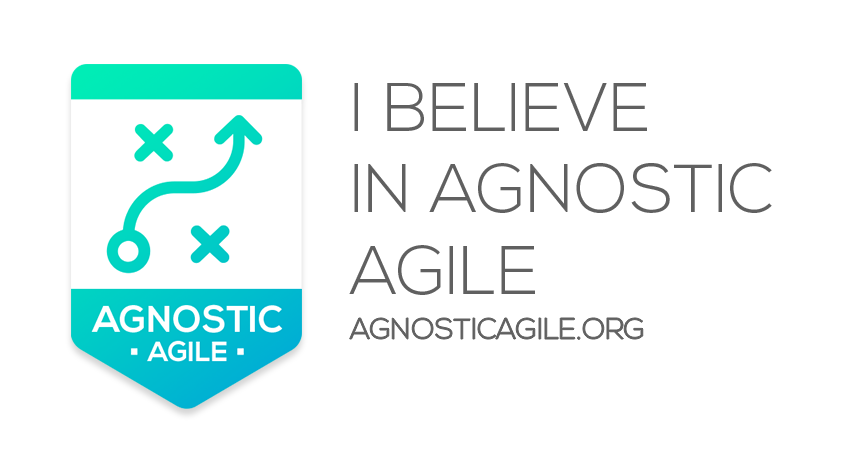
Also known as the five-factor model, the Big Five Personality Traits are regarded as the primary traits that differentiate people’s personalities from each other. Research has shown that variations in each of the five types can impact entrepreneurial intention.
The Big Five personality traits are:
- Extroversion
- Agreeableness
- Conscientiousness
- Neuroticism
- Openness to Experience
Taking into account gender, self-efficacy, and the Big Five Personality Traits, researchers have outlined the most likely personality traits that will lead to an entrepreneurial spirit. (Murugesan, R., & Jayavelu, R., 2017)

-Murugesan, R., & Jayavelu, R., 2017
Extroversion
Extroversion lends itself well to the entrepreneurial world. An outgoing extroverted personality should increase the likelihood of someone staking out on their own in the hopes of something more beyond their immediate circle. The more assertive they are, the more likely it seems their chances of success in a new business venture.
Agreeableness
The more agreeable someone is the more they can empathize with others. Increases of this trait are associated with good listening skills, patience, and the ability to help smooth over conflict. Increases in Agreeableness were related to having intentions of starting a new business.
Conscientiousness
Extremely conscientious people are driven by following the rules and maintaining high standards of performance. People with high conscientious traits tend to be among the most dependable employees, and when they do become entrepreneurial it has been linked to the long-term survival of the business.
Increases in Conscientiousness has been shown to increase the likelihood of having intentions to start a business.
Neuroticism
People who are high in neuroticism-related personality traits tend to be susceptible to wild mood swings. This is typically not a trait that lends itself well to the entrepreneurial world. Overall, high Neuroticism is not linked to strong intentions of starting a business within 5 years. This was among the largest indicators of whether one would start a business or not, as the higher Neuroticism negated other personality traits and would suggest that the intentions did not exist.
Differences in gender and entrepreneurial intention were found to be very different when it came to more neurotic individuals. Men who scored higher in Neuroticism were substantially more likely to have intentions of starting a business than women with similar Neuroticism scores.
Openness to Experience
Individuals who are open to new experiences are usually not as afraid of those new experiences and challenges. They often have a desire to be creative, and this can fuel the creative energy needed to build a business.
This is the personality trait that is most likely to indicate intentions of becoming an entrepreneur, but this entrepreneurial spirit seemed very dependant on self-efficacy. While differences were reported between men and women in each of these personality traits, Openness to Experience showed the smallest amount of differences between the genders.
*See The Big Five Personality Traits and Job Satisfaction: Big Five Personality Traits Explained
Sources:
Murugesan, R., & Jayavelu, R. (2017). The Influence of Big Five Personality Traits and Self-efficacy on Entrepreneurial Intention: The Role of Gender. Journal of Entrepreneurship and Innovation in Emerging Economies, 3(1), 41–61. https://doi.org/10.1177/2393957516684569
Categories: 5-Factor Model, Human-Centered Management, Leadership



1 reply »